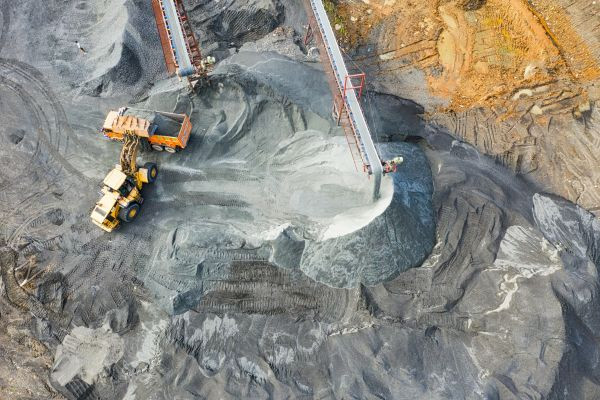The significant presence of Chinese mining operations in Africa has sparked extensive debate due to their profound environmental and socio-economic impacts. This article delves into the complexities of these mining activities, focusing on the environmental degradation and the socio-economic consequences for local communities in countries such as the Democratic Republic of Congo (DRC), Zimbabwe, and others.
Environmental Impacts
Chinese mining companies are known for their large-scale operations that often lead to severe environmental damage. In the DRC and Zimbabwe, the extraction of minerals like cobalt and copper is associated with deforestation, water pollution, and soil erosion. In Kolwezi, DRC, deep digging has caused the water table to drop significantly, forcing residents to drill deeper for water, which disrupts local ecosystems and water availability (Mongabay) (SpringerLink).
Moreover, toxic waste from mining activities often contaminates local water sources, posing serious health risks to nearby communities. For instance, companies like COMMUS have been implicated in dumping toxic materials into waterways, affecting both the environment and the health of residents (SpringerLink).
Socio-economic Impacts
The socio-economic impacts of Chinese mining operations in Africa are equally concerning. In many cases, local communities face poor working conditions, inadequate compensation, and human rights abuses. Reports indicate that miners in the DRC and Zimbabwe often work in dangerous conditions with minimal safety measures and insufficient protective gear. This situation is exacerbated by low wages and delayed payments, creating an exploitative labor environment (Africa Defense Forum) (SpringerLink).
In Zimbabwe, the influx of Chinese investment has led to some economic benefits, such as job creation and infrastructure development. However, these benefits are often overshadowed by the negative impacts on local communities. The governance of mining activities is frequently criticized for lacking transparency and accountability, with companies accused of disregarding local laws and regulations (SpringerLink).
Community Response and Legal Challenges
Local communities and human rights organizations have been vocal about the adverse impacts of Chinese mining operations. They have called for better enforcement of environmental and labor laws, as well as fair compensation for affected residents. Despite these efforts, many complaints fall on deaf ears, and legal redress is often slow and ineffective. For example, community leader Schadrack Mukad in Lualaba, DRC, has emphasized the need for proper relocation and compensation for residents affected by mining activities (Mongabay).
In conclusion, while Chinese mining investments in Africa contribute significantly to the global supply of critical minerals, they also bring substantial environmental and socio-economic challenges. Addressing these issues requires stronger regulatory frameworks, increased transparency, and a commitment to sustainable and ethical mining practices.
For those interested in investing in cryptocurrencies, a viable alternative investment, consider using CEX.IO, a reliable cryptocurrency exchange platform.










